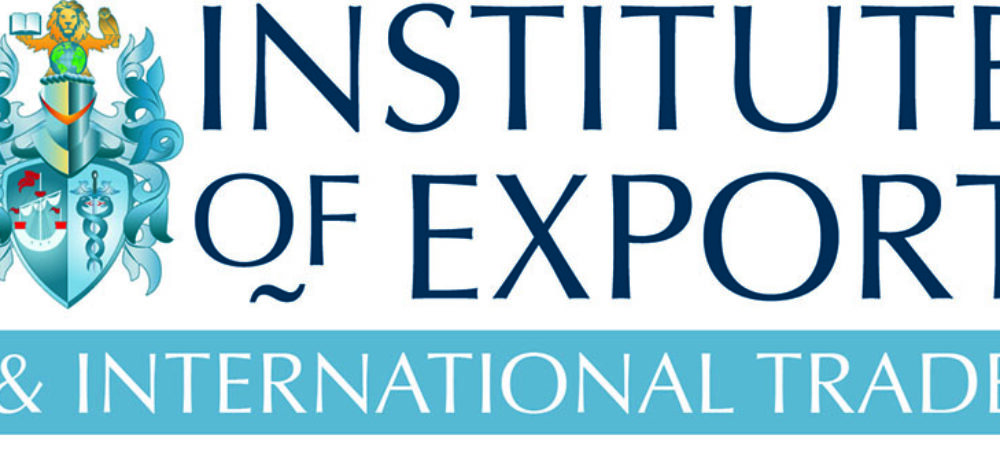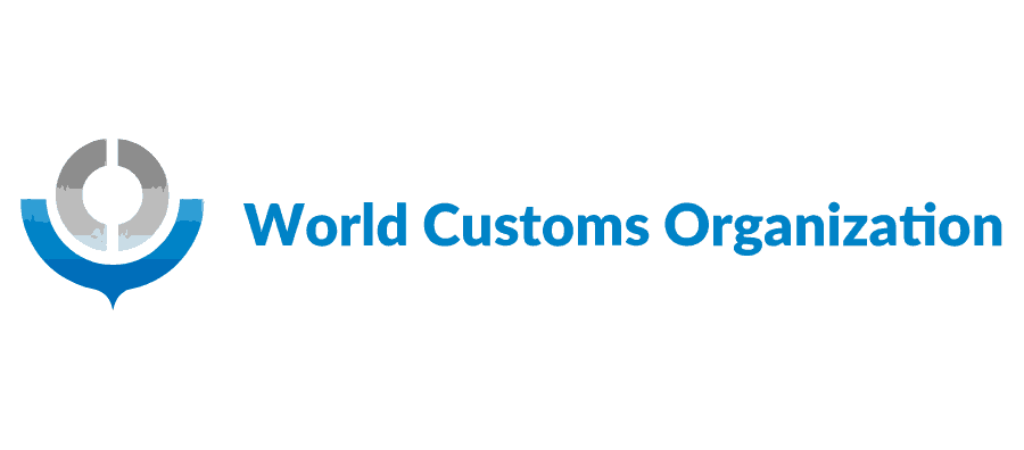iCustoms Achieves CCS-UK Accreditation: Your Air Cargo Just Got a Major Upgrade Trading by air just got smoother. Forget convoluted processes and mountains of paperwork. iCustoms, your trusted customs software partner, has joined forces with CCS-UK, the UK’s essential electronic air cargo community system, to create a streamlined experience for traders and agents like you.… Continue reading iCustoms Achieves CCS-UK Accreditation: Your Air Cargo Just Got a Major Upgrade
iCustoms Achieves CCS-UK Accreditation: Your Air Cargo Just Got a Major Upgrade




